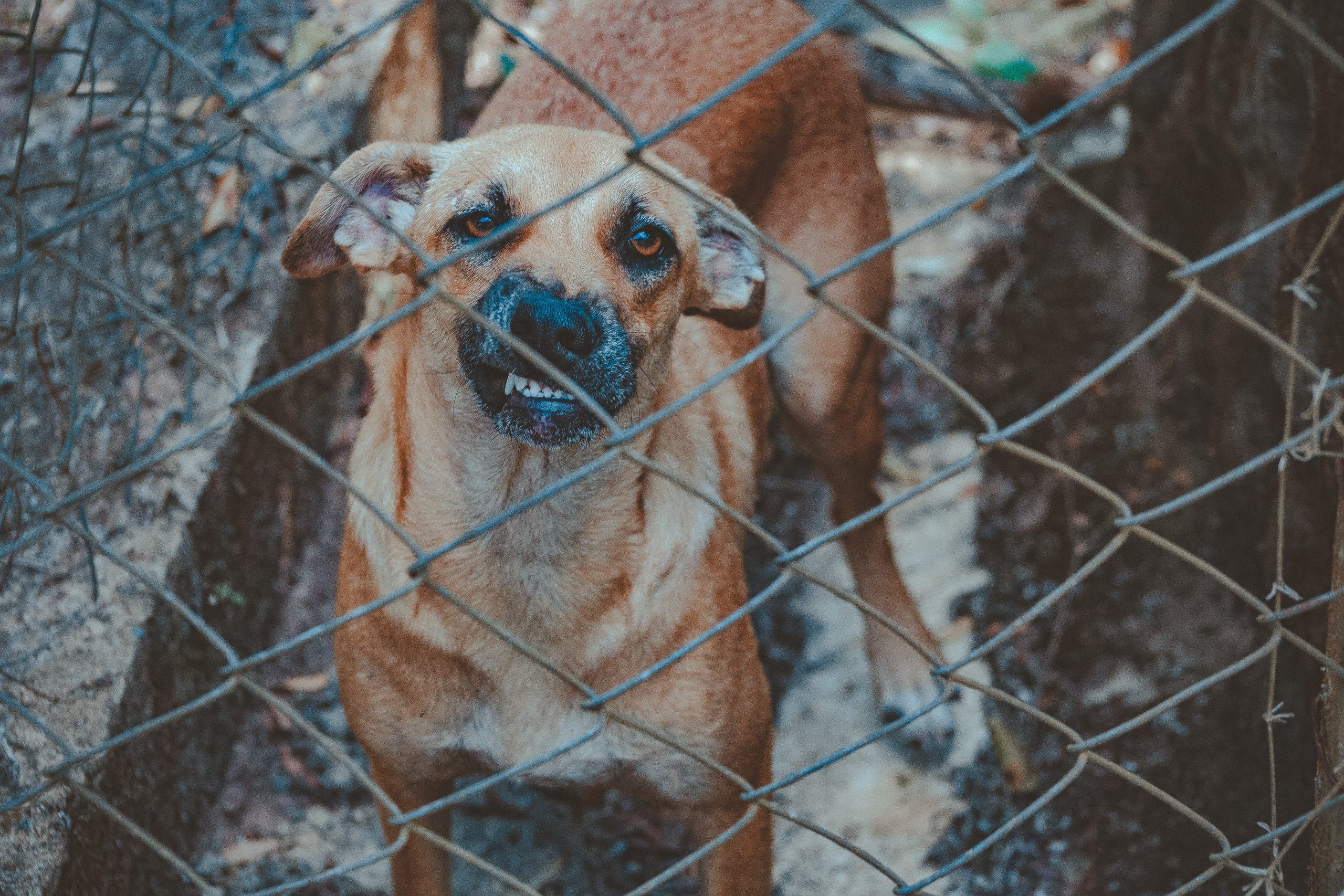
Working Dogs
Whether it be police dogs or hunting dogs, working dogs play an indispensable role in various fields. From search and rescue missions to law enforcement operations, from guiding the visually impaired to assisting individuals with disabilities, these remarkable canines contribute significantly to whatever job they are asked to do. Dogs specialized senses and training enable them to excel in tasks that other people, animals, and machines can’t beat. Through the dog’s dedication and loyalty, working dogs not only enhance efficiency but also save countless lives and provide essential support to humans in many other endeavors.
Working dog veterinarians play a crucial role in the health and well-being of service dogs, police dogs, search and rescue dogs, and other working canines. These veterinarians have specialized training and expertise in treating the unique medical needs of working dogs, which often differ from those of household pets.
One of the key responsibilities of a working dog veterinarian is to provide preventive care to ensure that the dogs remain in optimal health for their demanding jobs. This includes regular check-ups, vaccinations, and screenings for common working dog ailments such as musculoskeletal injuries and heat stress. Working dog veterinarians also play a vital role in managing the dogs’ nutrition and fitness levels to support their performance and longevity in the field.
In addition to preventive care, working dog veterinarians are skilled in diagnosing and treating a wide range of medical conditions that can arise in working dogs. They are trained to recognize the signs of overexertion, stress-related illnesses, and other work-related health issues that may affect the dogs’ ability to perform their duties effectively.
Working dog veterinarians also work closely with handlers and trainers to develop individualized care plans for each dog based on their specific needs and job requirements. They may provide recommendations for training modifications, equipment adjustments, and other interventions to support the dogs’ health and performance.
Veterinarians play a vital role in ensuring the health, safety, and longevity of working dogs. Their specialized knowledge and skills are essential for supporting the unique needs of these valuable canine partners in various fields of work.
There are various types of working dogs that are trained to perform specific tasks based on their skills and abilities. Some common types of working dogs include:
- Service Dogs: These dogs are trained to assist individuals with disabilities, such as guide dogs for the visually impaired, hearing dogs for the deaf, and mobility assistance dogs for those with physical disabilities.
- Police Dogs: Also known as K-9 units, police dogs are trained to assist law enforcement agencies in tasks such as tracking suspects, detecting drugs or explosives, and apprehending criminals.
- Search and Rescue Dogs: These dogs are trained to locate missing persons in various environments, including wilderness areas, disaster sites, and urban settings.
- Therapy Dogs: Therapy dogs are trained to provide comfort, support, and companionship to individuals in
hospitals, nursing homes, schools, and other settings to promote emotional well-being. - Military Dogs: These dogs are trained to perform a variety of tasks for the military, such as bomb detection, patrol work, and search missions in combat zones.
- Herding Dogs: Herding dogs, such as Border Collies and Australian Shepherds, are trained to assist farmers and ranchers in managing livestock by herding and controlling their movements.
These are just a few examples of the different types of working dogs, each with their specialized training and roles based on their breed and aptitude.
At Skyline Animal Hospital, we take preventive care stands as a cornerstone of our approach. We administer routine check-ups, vaccinations, and screenings tailored to the specific needs of working dogs, ensuring they remain in peak condition for their demanding tasks. Collaborating closely with handlers and trainers, we develop customized care plans that account for each dog’s breed, duties, and potential health vulnerabilities. Whether addressing musculoskeletal injuries, mitigating stress-related ailments, or implementing strategies for optimal nutrition and fitness, our goal is to optimize the performance and well-being of these dedicated canines.
Our commitment to providing tailored, expert care for working dogs extends beyond mere medical treatment; it embodies our profound appreciation for their dedication and service. Through preventive measures, diligent diagnostics, and collaborative partnerships with handlers and trainers, we strive to ensure that every working dog receives the support they need to thrive in their vital roles.



